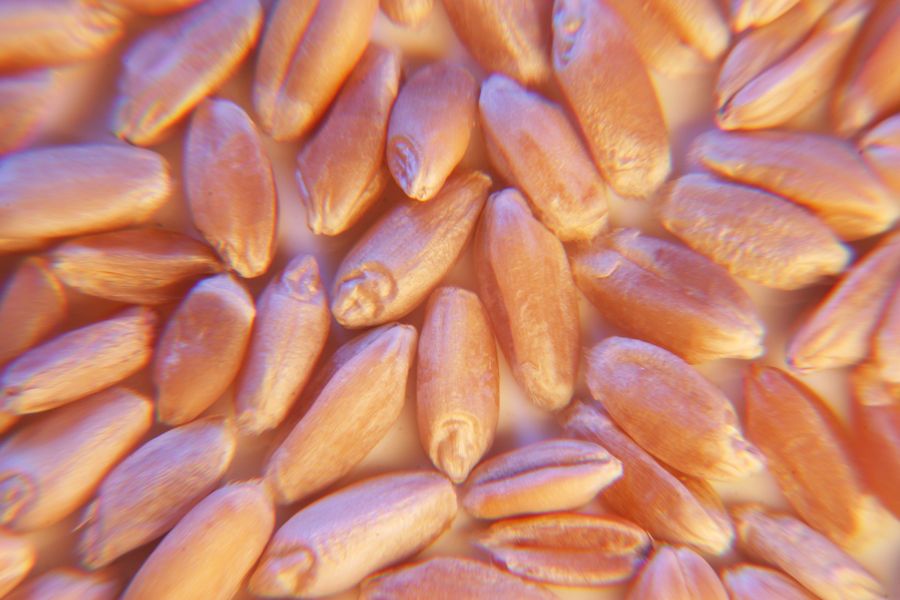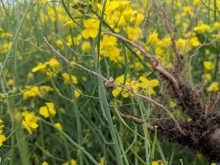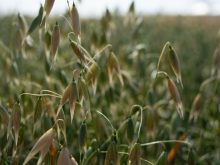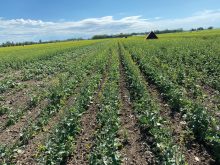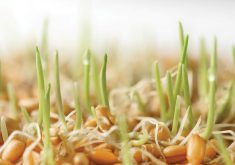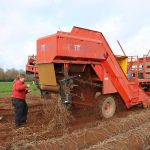It’s folly that somebody uses bin run seed,” said Rod Merryweather, CEO of FP Genetics. “They’re just not using the newest technology.”
Through FP Genetics’ new guarantee program, Merryweather hopes to persuade farmers to buy more certified seed. There may be room to increase the market for certified seed. Currently, 80 per cent of Western Canadian cereals acres are seeded with bin run seed. “Seed companies have not done a tremendous job of promoting certified seed,” Merryweather said.
New for 2014, FP Genetics’ program promises to compensate farmers if they can’t earn a higher profit using certified seed than they earn growing their current variety.
Read Also
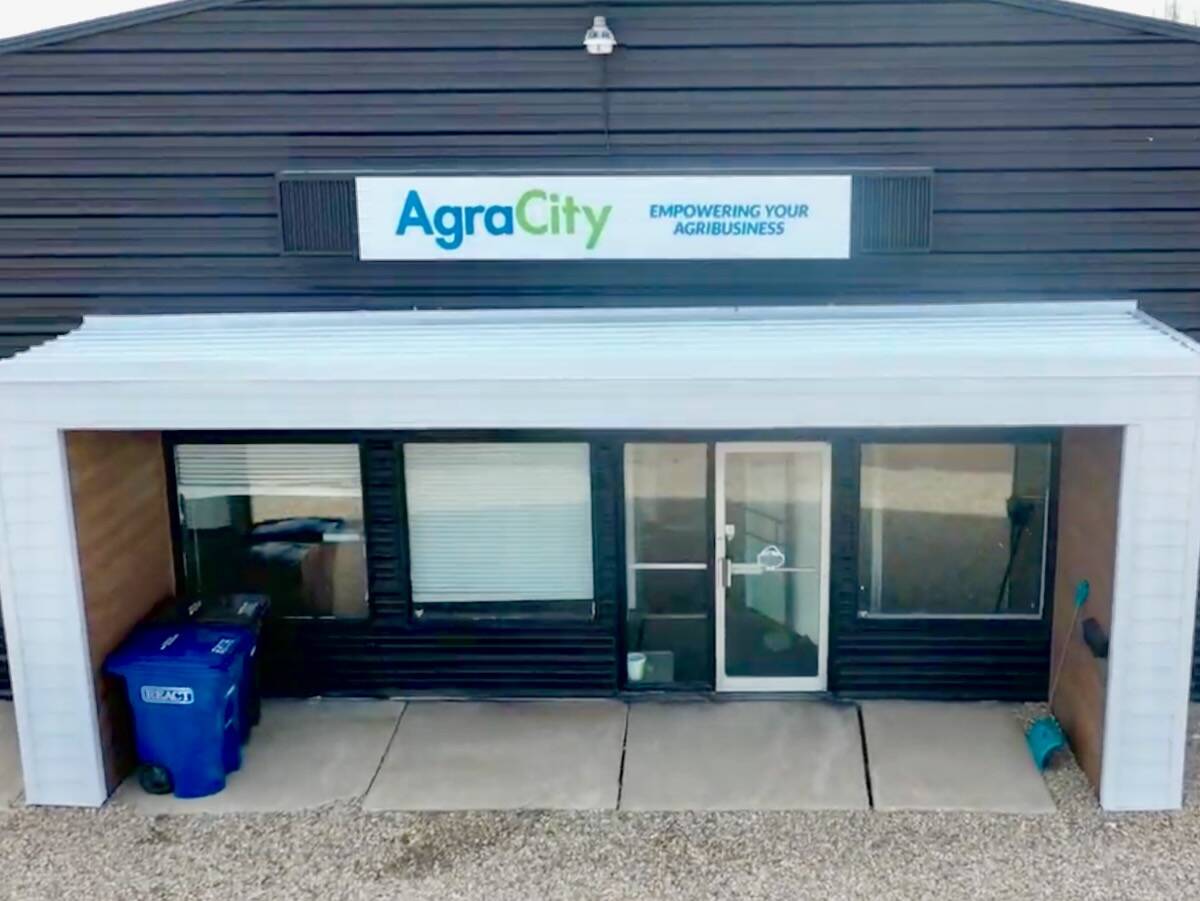
AgraCity’s farmer customers still seek compensation
Prairie farmers owed product by AgraCity are now sharing their experiences with the crop input provider as they await some sort of resolution to the company’s woes.
To take part, farmers need to register with their FP Genetics seed retailer and buy the certified CWRS seed recommended for their local area. Then, they need to grow their own bin run seed alongside the new variety using the same agronomics package. Once the yields and costs are tallied, if there’s not a higher profit with the certified seed, FP Genetics will pay out the difference.
“What we’re doing is basically guaranteeing a higher profit on the farm if they’ll grow our varieties,” says Merryweather. “We’ll challenge any farmer,” Merryweather says.
Merryweather is confident that the technology encased in the newest varieties is well worth the price of certified CWRS seed. The seed costs, he believes, are easily offset by increased crop yields, better resistance packages, and the costs of cleaning and testing your own bin run seed.
“Farmers say, ‘Bin run seed is free.’ Well, it’s not free,” says Merryweather.

